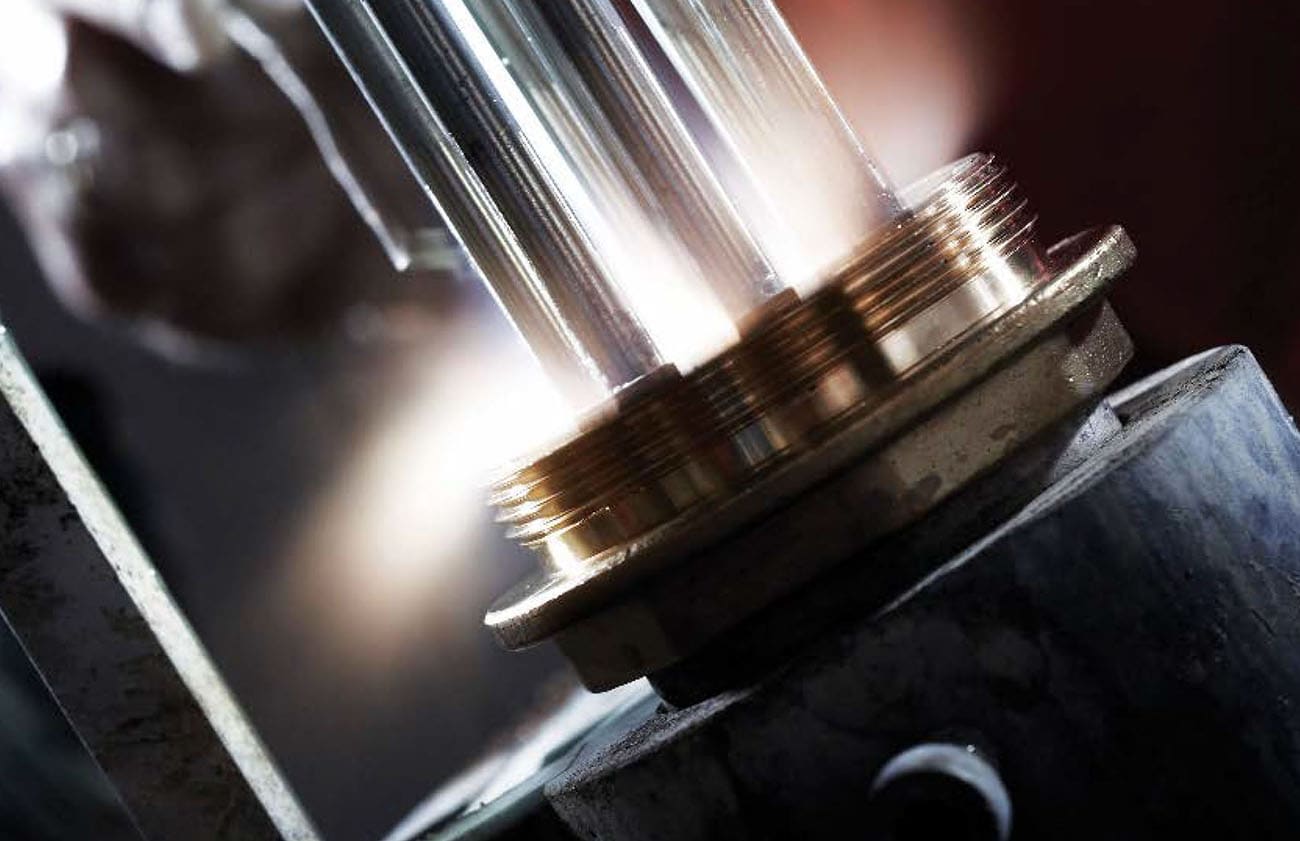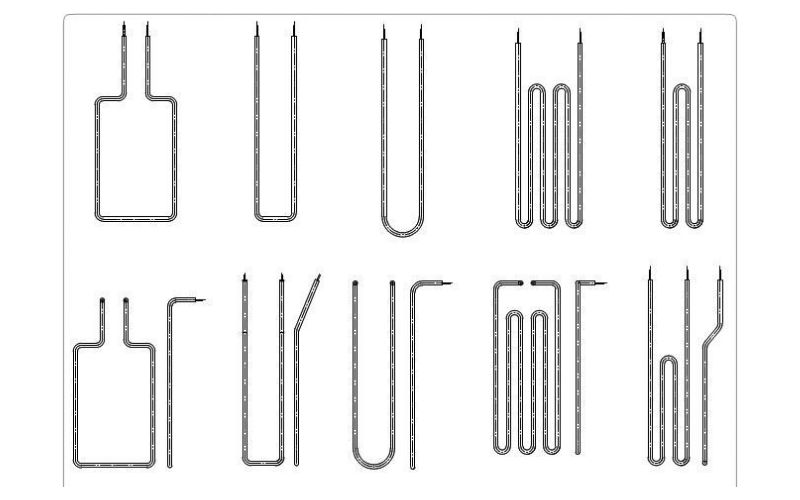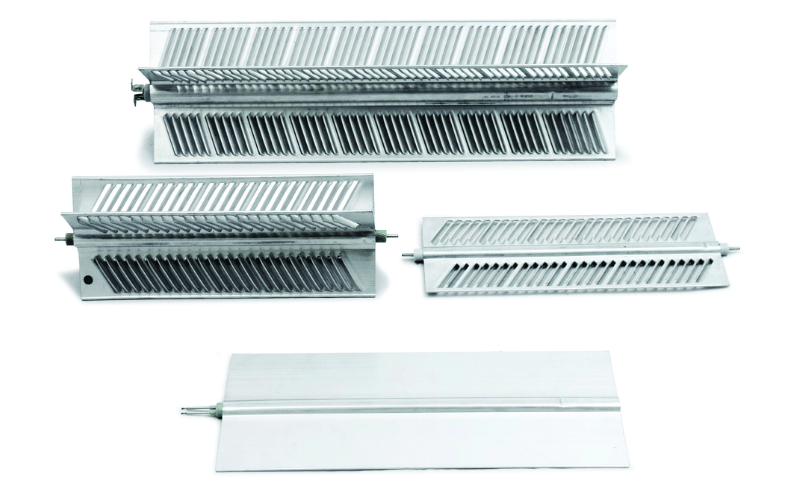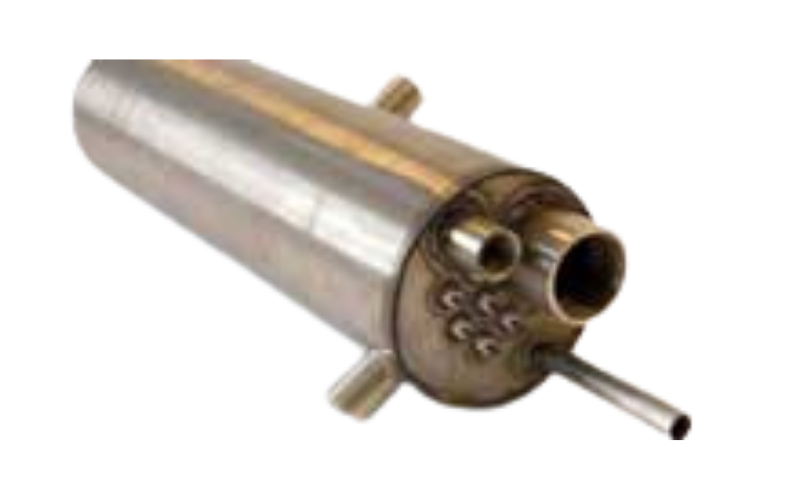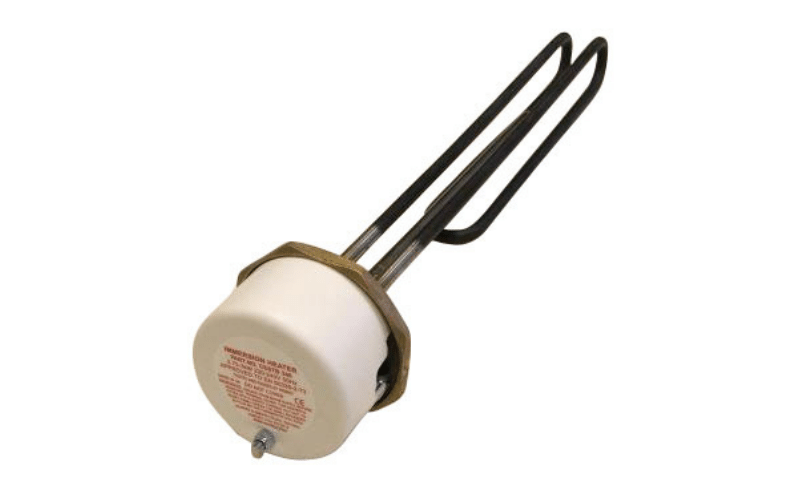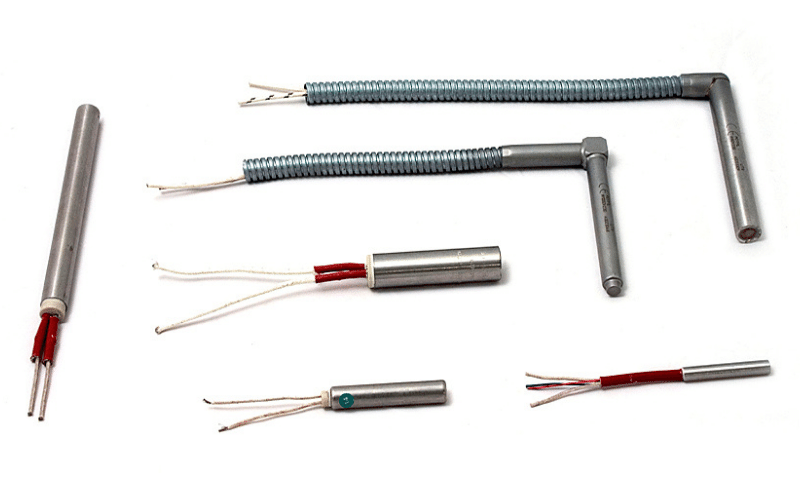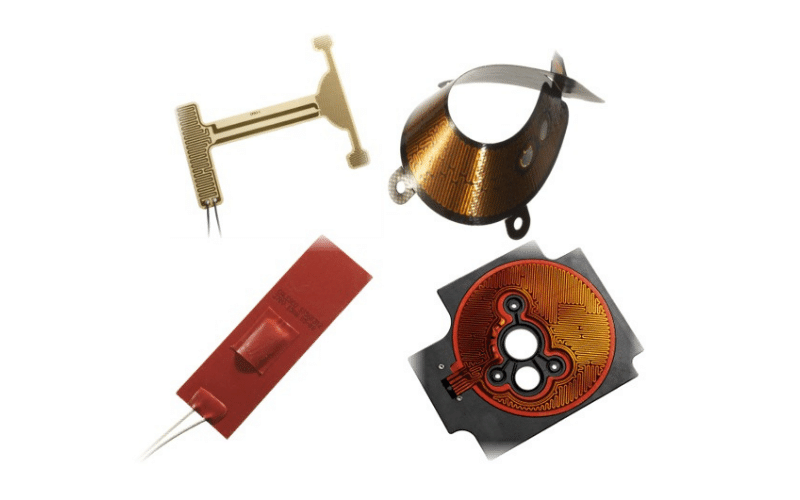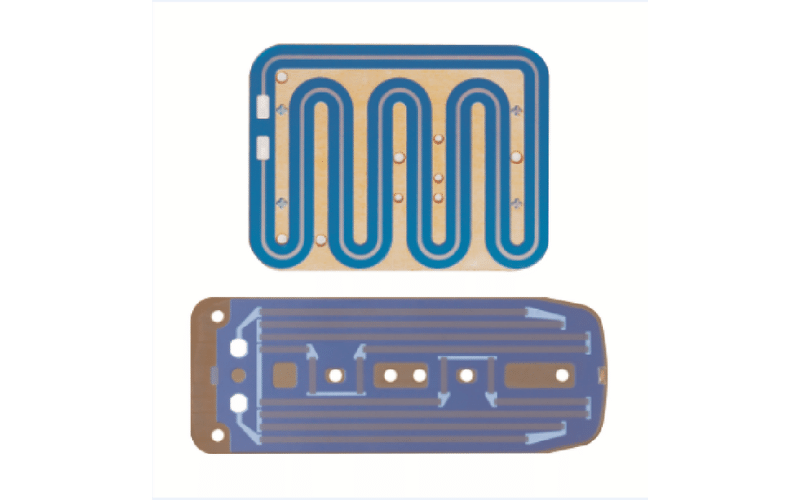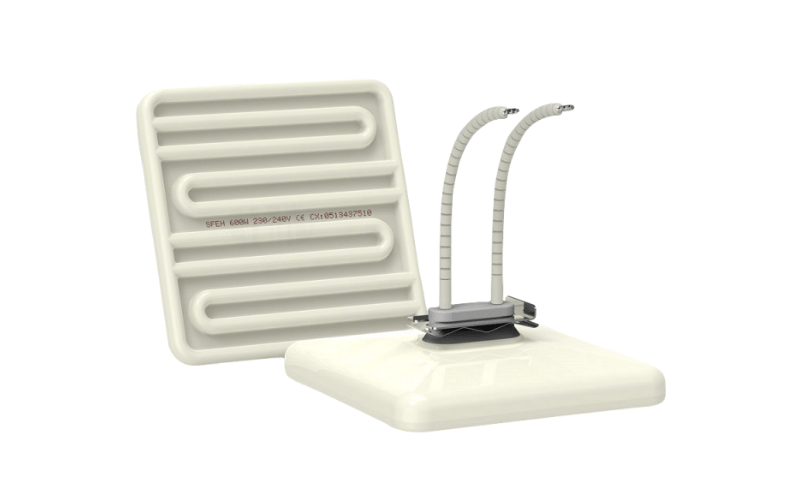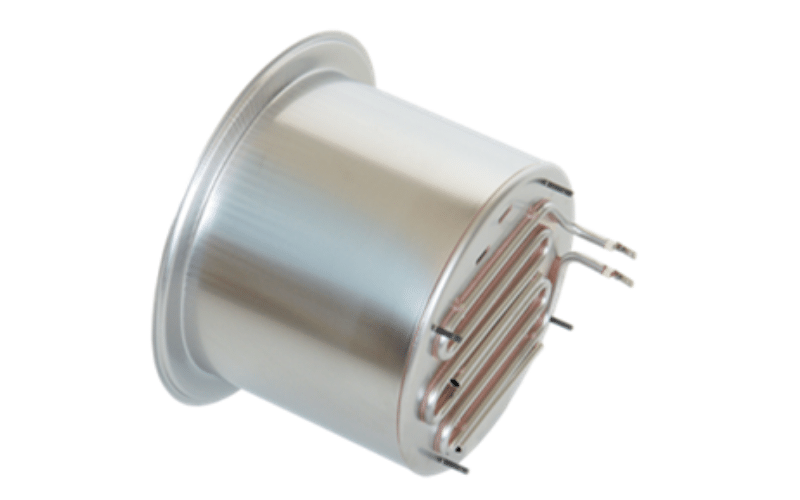Published date:
What Is an Immersion Heater? Everything You Need to Know about Hot Water and Industrial Heating
Introduction to Immersion Heaters
Content fact checked by Engineer Mike Bradbury
An immersion heater is an electric heating element that is submerged directly into a liquid—typically water—to heat it. These heaters are widely used in both domestic hot water systems and industrial processes, offering a simple, effective, and reliable method of heating. Whether you're a homeowner looking for a backup water heating solution or an engineer managing industrial tanks, immersion heaters provide a versatile option.
How Do Immersion Heaters Work?
Immersion heaters operate using resistive heating. When electricity flows through the element, it generates heat, which is transferred directly to the surrounding liquid. Most units include a thermostat to regulate temperature and an automatic cut-off for safety.
There are two main types:
- Direct immersion heaters: The element is in direct contact with the liquid.
- Indirect immersion heaters: Heat is transferred via a pipe-in-pipe system, often used in sensitive or corrosive environments.
Common Types of Immersion Heaters
Immersion heaters come in various forms to suit different applications:
- Copper immersion heaters: Ideal for soft water areas.
- Incoloy or stainless steel heaters: Suitable for harder water or mildly corrosive environments.
- Titanium immersion heaters: Highly resistant to corrosion, perfect for industrial or aggressive liquids.
Applications & Use Cases
Domestic Use:
- Heating water in hot water cylinders
- Backup heating for gas or combi boilers
- Use with solar thermal systems for energy efficiency
Industrial Use:
- Heating oils, chemicals, and water in tanks
- Applications in food processing, wastewater treatment, and nuclear facilities
Explore our range of industrial immersion heaters →
Advantages of Immersion Heaters
Advantages:
- Efficient: Direct heating minimizes energy loss
- Versatile: Suitable for many liquids and tank types
- Safe: Thermostats and cut-outs prevent overheating
- Easy to install: Standard fittings and simple wiring
- Eco-friendly: An electric powered application typically uses far less CO2 than an oil or gas fired one
UK running cost example: A 3kW immersion heater costs around £0.82/hour to run at current electricity rates.
Energy & Cost Considerations
While immersion heaters can be more expensive to run than gas boilers, they offer precise control and can be used with Economy 7 tariffs or solar PV systems to reduce costs. Compared to tankless systems, they are easier to maintain and install.
Check out our eco immersion heaters →
Choosing the Right Immersion Heater
When selecting an immersion heater, consider:
- Material: Copper (soft water), Incoloy (hard water), Titanium (industrial)
- Wattage: Match to tank size (e.g., 3kW for 150L+)
- Thermostat type: Mechanical or digital
- Application: Domestic vs industrial
Need a replacement? Browse our immersion heater elements →
Installation, Maintenance, & Safety Tips
- Always use a qualified electrician for installation
- Ensure proper electrical testing and earthing
- Use insulated cylinders to retain heat
- Regularly check for limescale and corrosion
Find thermostats and accessories →
Maintenance Tips for Longevity
- Descale the element annually in hard water areas
- Replace the thermostat if temperature control becomes erratic
- Use corrosion-resistant materials for longer life
- Inspect for wear and tear every 12–18 months
Integration with Heatrod Shop Products
Heatrod offers a wide range of immersion heaters and accessories, including:
- HE1 EcoHeat electric immersion heater
- Titanium immersion heater elements
- Thermostats and controllers
All products are designed for efficiency, safety, and durability, backed by expert support.
FAQs
Q: What’s the difference between an immersion heater and a boiler?
A: Boilers heat water via gas or oil, while immersion heaters use electricity and are often used as backups or in off-grid systems.
Q: How much electricity does an immersion heater use?
A: A 3kW heater uses 3 kilowatt-hours per hour. At £0.27/kWh, that’s about £0.81/hour.
Q: Can I use an immersion heater with solar panels?
A: Yes! Many homeowners use immersion heaters to store excess solar energy as hot water.
Q: How long does it take to heat a cylinder?
A: A 150L tank typically takes 1.5–2 hours with a 3kW heater.
Q: What types of immersion heaters are available?
A: Copper, Incoloy, and Titanium—each suited to different water types and applications.
Q: How can I lower running costs?
A: Use a timer, insulate your tank, and run the heater during off-peak hours.
Q: When should I replace my immersion heater?
A: If it’s not heating properly, trips frequently, or shows signs of corrosion or scale.

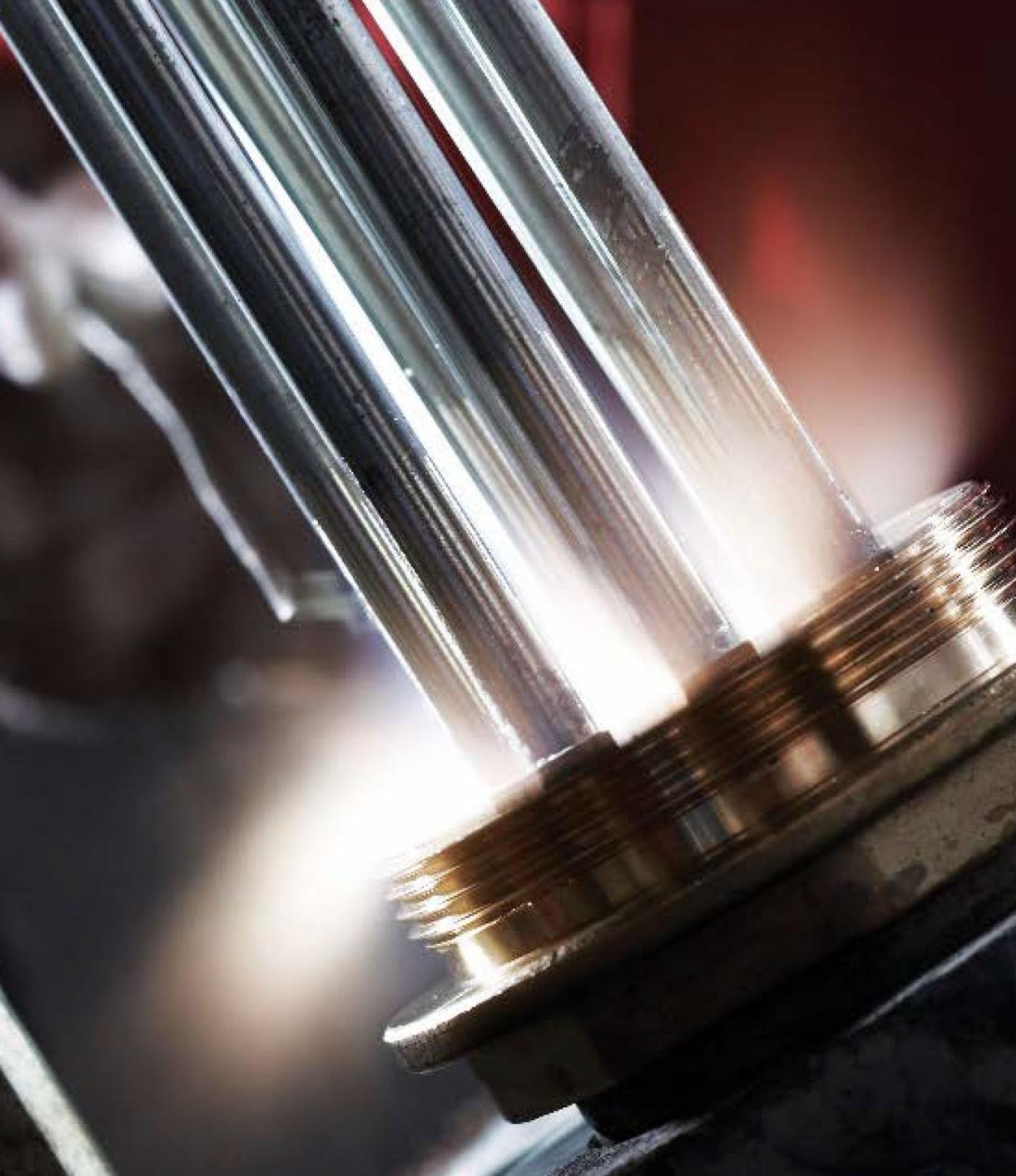%201_element.jpg)
%201-industrial.jpg)
%201-projects.jpg)
%20(2)%201500x500.jpg)
